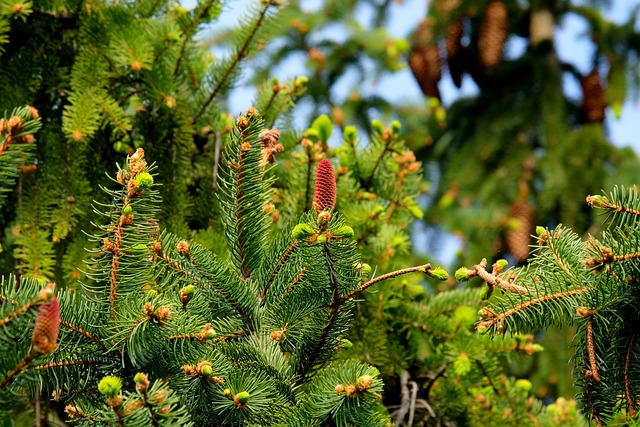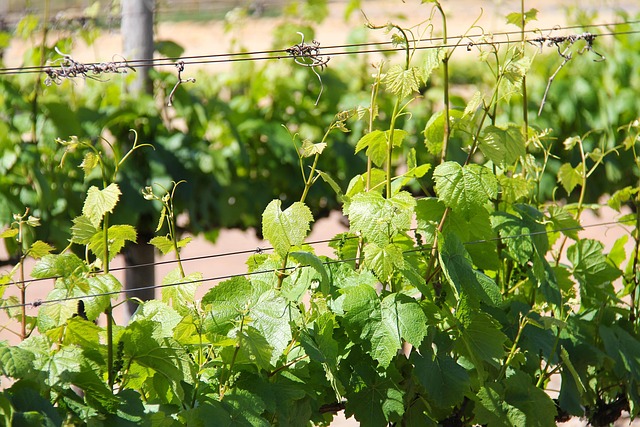Green Gardening: Eco-Friendly Tips for Climate Protection
In today’s world, the importance of climate protection cannot be overstated. As garden enthusiasts, we have a unique opportunity to contribute positively to the environment right from our backyards. Green gardening isn’t just a trend—it’s a commitment to nurturing the earth while creating beautiful, sustainable spaces. Whether you have a sprawling garden or a cozy balcony, your gardening choices can make a real difference.
Choose Native Plants
Opting for native plants is one of the most effective ways to support climate protection. These plants are already adapted to your local environment, requiring less water, fertilizer, and pesticides. They provide natural habitats for native pollinators like bees and butterflies, promoting biodiversity and ecosystem health.
Compost for Healthy Soil
Creating your own compost reduces waste and enriches your soil naturally. Composting organic kitchen scraps and garden waste enhances soil structure and fertility, reducing the need for chemical fertilizers. Healthy soil captures carbon more effectively, which is a crucial aspect of climate protection.
Water Wisely
Conserving water in the garden is a simple yet impactful way to reduce your carbon footprint. Use drip irrigation or soaker hoses that target the roots directly, minimizing evaporation. Collecting rainwater in barrels provides an eco-friendly irrigation source, reducing dependence on municipal water supplies.
Reduce Lawn Areas
Lawns can be demanding on resources, often requiring frequent mowing, watering, and fertilization. Consider replacing parts of your lawn with wildflower meadows, shrubs, or vegetable beds. These alternatives not only support wildlife but also reduce emissions from lawn equipment and chemical inputs.
Avoid Chemical Pesticides and Fertilizers
Instead of synthetic chemicals, use organic alternatives like neem oil, insecticidal soaps, or companion planting to naturally deter pests. Chemicals can contaminate water sources and harm beneficial insects, undermining your climate protection efforts. Natural methods foster a balanced ecosystem within your garden.
Support Pollinators
Pollinators are vital to the growth of many plants and the overall health of the environment. Cultivate a variety of flowering plants that bloom at different times of the year to provide continuous nourishment. Minimizing pesticide use and creating deliberate habitats, such as bee hotels, can help sustain these important contributors to climate resilience.
Utilize Sustainable Garden Materials
When choosing garden tools, pots, or furniture, opt for materials that are biodegradable, recycled, or sustainably sourced. Avoid single-use plastics and opt for durable items that last. This practice cuts down waste and supports broader environmental efforts linked with climate protection.
By integrating these eco-friendly gardening practices into your routine, you become part of a global movement focused on preserving our planet. Every seed planted with care is a step toward a healthier climate.




